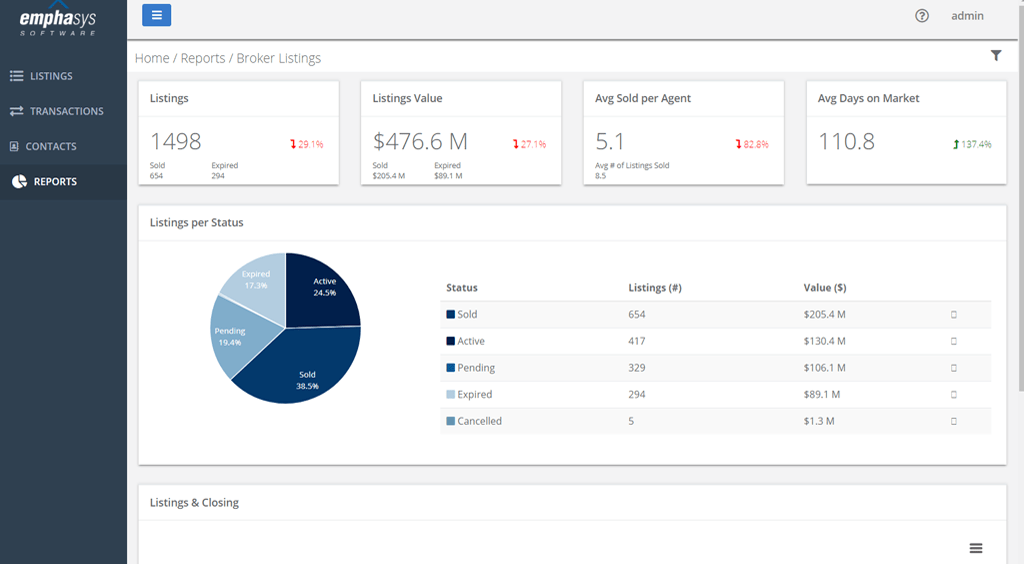Mortgage Interest: Understand How They Work

Anúncios
The dream of home ownership often begins with the search for financing. For most buyers, this involves delving into the intricate universe of mortgage interest.
Understanding how these interests work is crucial not only to ensure a smart purchase but also to navigate the nuances of the real estate market.
Anúncios
In this article, we’ll talk about mortgage interests and how to get better rates. Follow along and check it out.
How do mortgage interests work?
Mortgage interests are a fundamental part of the home financing process in the United States.
Anúncios
To properly understand how they work, it is crucial to have a solid understanding of the key elements that compose them.
Loan Amount
The loan amount, or the total amount that the borrower requests from the bank or lender to purchase the house, directly influences mortgage interests.
Generally, the higher the loan amount, the higher the interests to be paid, especially if the borrower does not offer a substantial down payment.
This is because the loan amount represents the amount on which the interests are calculated.
Term
The loan term, or the period of time during which the borrower agrees to pay back the loan, also plays a crucial role in mortgage interests.
In general, mortgage loans with longer terms, such as 30 years, tend to have higher interest rates than loans with shorter terms, such as 15 years.
This is because long-term loans represent a higher risk for lenders, who are lending money for a longer period and therefore require compensation in the form of higher interest rates.
Financial Situation
The borrower’s financial situation, including their credit score, credit history, income, and debt, plays a significant role in determining mortgage interests.
Borrowers with higher credit scores and solid credit histories generally have access to lower interest rates.
On the other hand, those with lower credit scores or problematic credit histories may face higher interest rates or even difficulty obtaining financing.
The borrower’s income can also influence mortgage interests, as lenders typically consider the borrower’s ability to repay the loan when determining interest rates.
Are mortgage interests tax deductible?
Mortgage interests may be tax deductible, depending on certain conditions and limitations.
Historically, the deduction of mortgage interests has been one of the most significant tax benefits for homeowners in the US.
However, it is important to be aware of current rules and possible changes in tax legislation.
Until recently, taxpayers in the US could deduct the interest paid on mortgage loans up to a certain limit. The Tax Cuts and Jobs Act of 2017 (TCJA) made significant changes to tax deductions related to residential property.
According to the TCJA, the deduction for mortgage interest is limited to loans of up to $750,000 for married couples filing jointly ($375,000 for individual filers). Before the TCJA, the limit was $1 million for couples ($500,000 for individuals).
Additionally, the TCJA eliminated the ability to deduct interest paid on home equity loans for personal expenses unless the loan is specifically used for home improvements.
It is important to note that the deduction of mortgage interest is itemized on the US federal income tax Form 1040.
This means that taxpayers must forgo the standard deduction and choose to itemize their deductions, including the interest paid on mortgage loans, to obtain tax benefits.
As tax laws can change and vary depending on jurisdiction and the individual taxpayer’s situation, it is always advisable to consult with a tax professional.
How to get a good mortgage rate?
Getting a good mortgage rate is crucial to ensure that you not only manage to finance the purchase of your home but also minimize financial costs over time.
Here are some strategies to help you secure a favorable mortgage rate:
Credit Score
Your credit score is one of the main factors that lenders consider when determining the mortgage rate you will receive.
To improve your credit score, pay your bills on time and avoid payment delays. Also, reduce the balance on your credit cards to below 30% of the credit limit.
Avoid opening unnecessary new lines of credit, as this can negatively affect your score.
And don’t forget to regularly check your credit report and correct any errors that may be hurting your score.
History
When it comes to getting a good mortgage rate, your financial history plays a crucial role. Here are some ways to use your financial history to secure a favorable rate:
- Timely Payment History: Lenders consider your payment history when determining your reliability as a borrower. Maintaining a history of timely payments is essential to demonstrate financial responsibility and can help secure a lower mortgage rate.
- Employment and Income History: Your employment and income history is also an important factor for lenders when evaluating your ability to pay the mortgage.
- Credit History: Your credit history, including your credit score and credit usage history, is one of the main determinants of the mortgage rate you will receive.
- Debt Reduction: Lenders also consider your debt burden when determining your eligibility and interest rate for a mortgage. Reducing your existing debt, such as credit card balances or student loans, can improve your debt-to-income ratio and increase your chances of obtaining a lower mortgage rate.
Down Payment
Offering a significant down payment can help secure a lower mortgage rate. Lenders view a larger down payment as a sign of commitment and financial responsibility.
Generally, a down payment of 20% or more can help avoid private mortgage insurance (PMI) and may result in a lower interest rate.
Additionally, a substantial down payment can reduce the total loan amount, which can lead to a lower interest rate and lower monthly payments.
Compare Rates
When looking for a mortgage, it is essential to compare rates from various lenders to ensure that you are getting the best possible deal.
This involves requesting quotes from multiple financial institutions, such as banks, credit unions, and mortgage brokers, and comparing the terms and rates offered.
Remember to consider not only the interest rate but also additional costs, such as points, origination fees, and closing costs.
Seek Low Credit Mortgage
Some lenders offer mortgage programs specifically designed for borrowers with less than perfect credit.
These programs may include options such as FHA loans (Federal Housing Administration), VA loans (Department of Veterans Affairs), and subprime mortgage loans.
While these types of loans may have higher interest rates than traditional loans, they can offer access to homeownership for those with less than perfect credit.
Did you like to know more about mortgage interest? Keep following our website for more financial tips and information!





